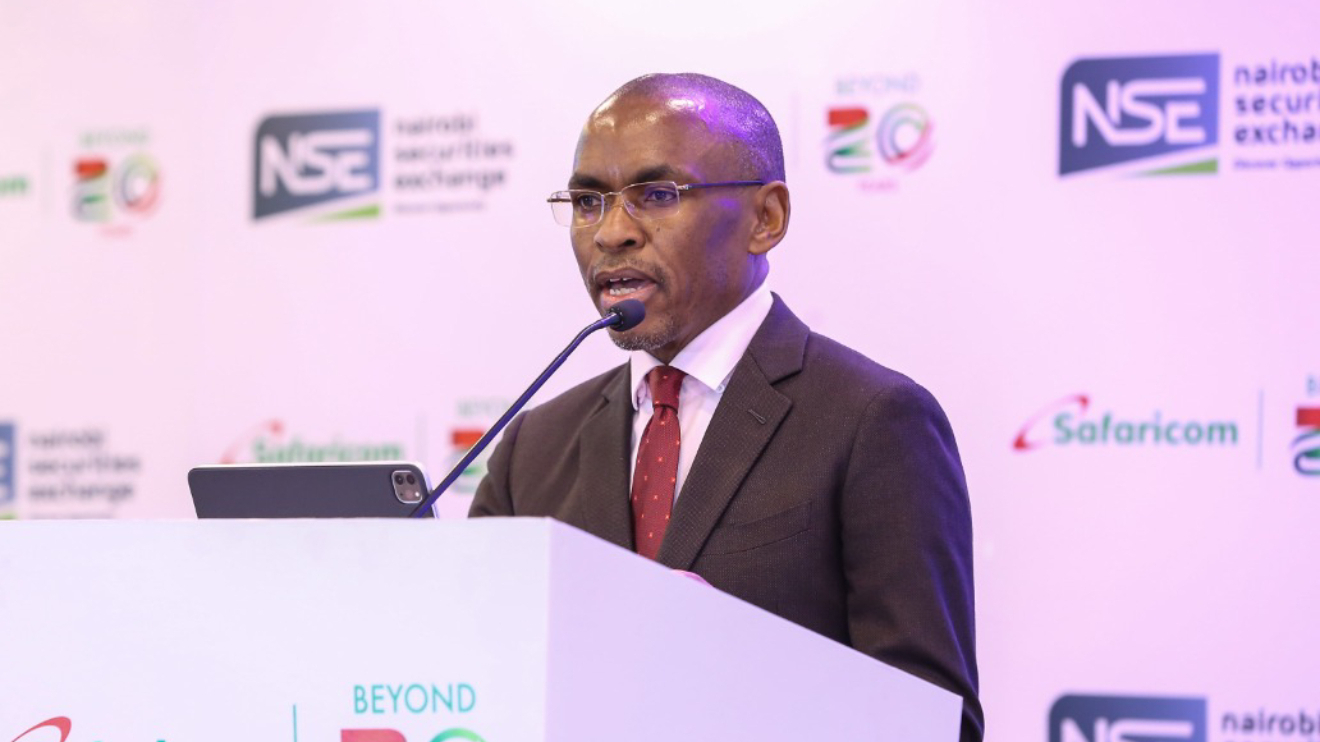A Nairobi courtroom became the stage for a high-stakes legal battle on Wednesday, as Kenyan businessman Kirimi Koome vehemently defended his sole ownership of Stay Online Limited, a Sh400 million online payment service provider, against claims by Rwandan investor Desire Muhinyuza.
The dispute centred around the company's ownership and control, unfolded in a series of dramatic revelations and conflicting narratives.
Koome, armed with a certificate of registration, painted himself as the sole architect of Stay Online Kenya Limited, incorporated in April 2023 after a decade-long vision.
He meticulously detailed the registration process, involving a city lawyer and official documentation like his ID, KRA PIN, and passport photo.
The company registration form, presented in court, further bolstered his claim, showcasing his exclusive directorship and shareholding.
Read More
Financial transactions also took centre stage.
Koome acknowledged receiving Sh18 million ($129,000) from Rwanda for operational and tax purposes, clarifying that it landed directly in Stay Online's UBA bank account.
He attributed these funds to Muhinyuza, but with a crucial distinction however, Muhinyuza, according to Koome, was merely an independent contractor for the Kenyan company.
However, the plot thickened when Mr. Koome disavowed two key documents presented by Mr. Muhinyuza's lawyer.
One, an April 2023 resolution appointing Koome as the Kenyan representative for Stay Online Company in Rwanda, and another, a resolution supposedly paving the way for independent Stay Online companies in neighbouring countries like Zambia and Uganda, were both vehemently denied by Koome.
He claimed complete unawareness of these documents, raising questions about their authenticity and Muhinyuza's true intentions.
Despite their professional association, Koome's testimony hinted at a growing unease towards Muhinyuza.
He disclosed a staggering USD 100 million transferred from Stay Online's Karen headquarters to Kigali on Muhinyuza's behalf in July 2023.
This revelation, coupled with Koome's claims of subsequent email hacking allegedly orchestrated by Muhinyuza and his associates, painted a picture of a potentially fractured relationship.
Koome further alleged that Muhinyuza weaponized Kenyan investigative agencies to pressure him into relinquishing control of Stay Online Limited.
This claim directly countered Muhinyuza's legal pursuit, presented by his lawyer Danstan Omari, seeking the court to archive Stay Online and declare Muhinyuza the sole proprietor.
Omari's argument hinges on documents allegedly suggesting Mr. Muhinyuza's indirect ownership and control through a nominee arrangement.
With the court case poised to continue on Thursday, December 21st, the fate of the Sh400 million company remains uncertain.
The clash of narratives, accusations of foul play, and high-stakes financial transactions have transformed this legal battle into a captivating drama, leaving observers eager to witness the next chapter unfold.







-1756319289.jpg)



